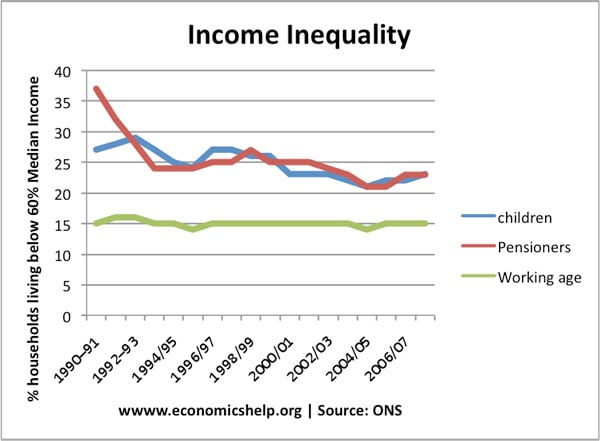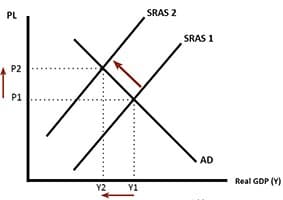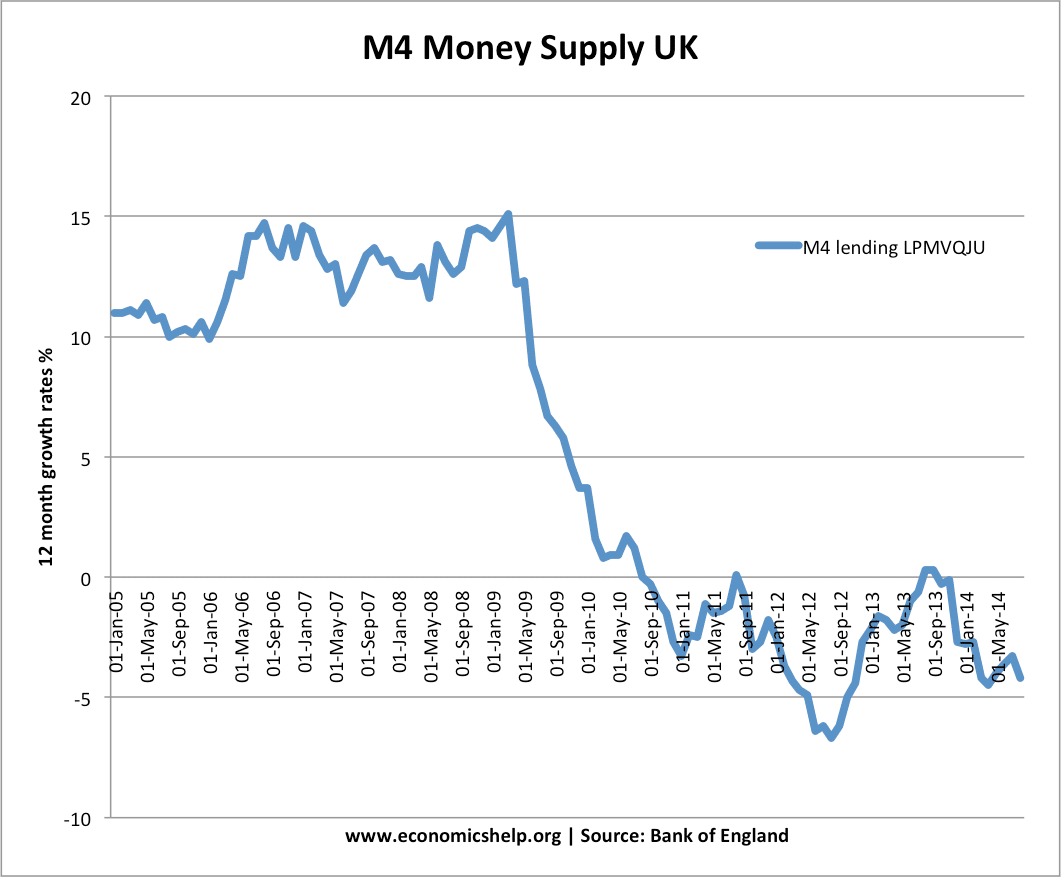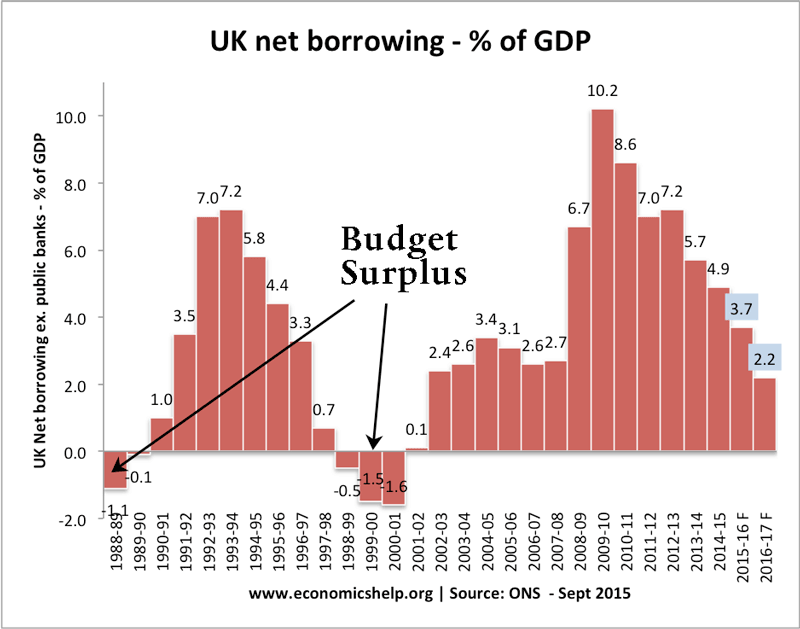Rail Privatisation in UK
This privatization was left to the last for a number of reasons Loss-making nature of British Rail Heavy dependence on external subsidies for rural and provincial services The need to see safety as an overriding priority Positive externalities of railways, – taking traffic off congested roads BR was an integrated national network with a complex …




